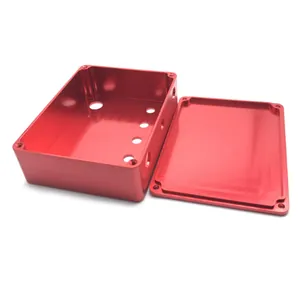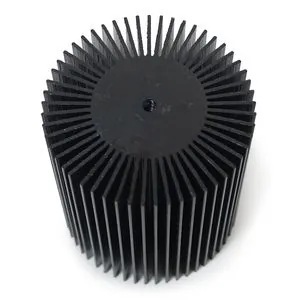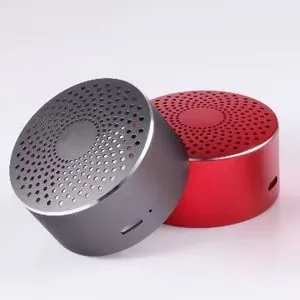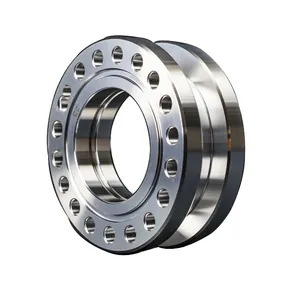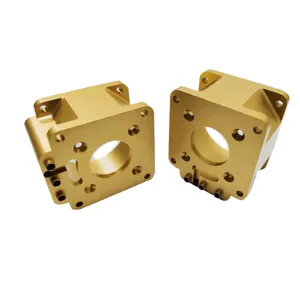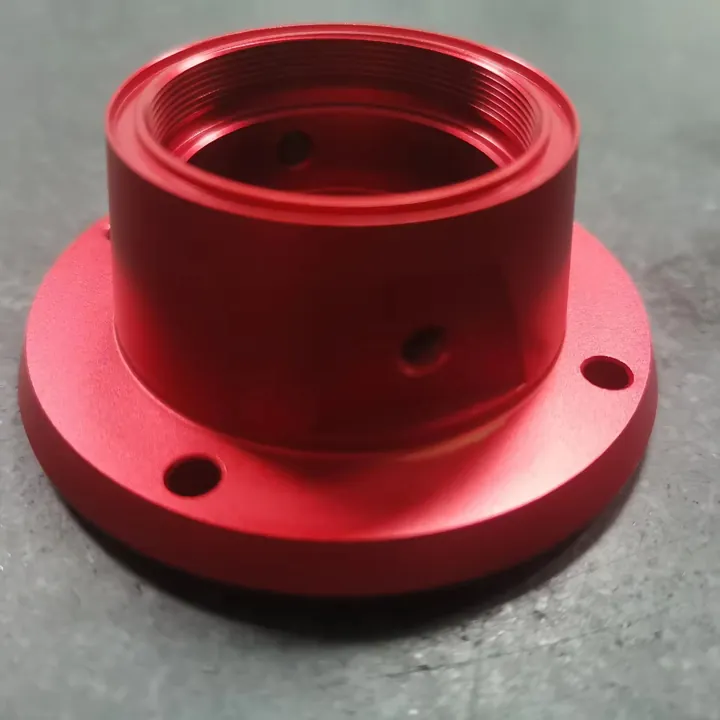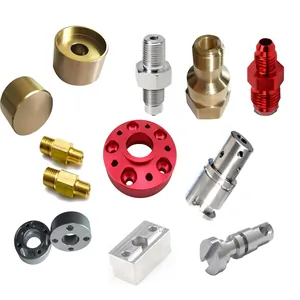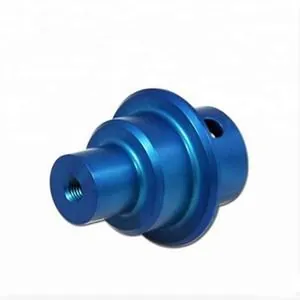CNC Machining Services Malaysia
Part 1: Market Size and Growth
CNC machining in Malaysia has grown with the country’s strong manufacturing base. Many factories here supply parts for automotive, aerospace, electronics, and medical industries. The rise of precision engineering has made CNC machining a key pillar of Malaysia’s industrial strategy.
The market is diverse, from small workshops to large contract manufacturers. Many firms now offer both milling and turning, as well as advanced 5-axis machining. This flexibility allows them to serve a wider group of clients across Southeast Asia and beyond.
Government policies support industrial clusters in Penang, Johor, and Selangor. Foreign investment continues to expand, especially from Japanese and German companies. These moves push local companies to improve quality and adopt international certifications.
Part 2: Leading Companies
Engtek Group
Engtek Group was founded in 1974 in Penang. It started as a small precision machining shop and grew into a large regional player. Today, it supplies precision parts to global electronics and disk drive industries.
Its services cover CNC milling, turning, and sub-assembly. The company is known for high-volume production with consistent quality. It mainly serves electronics, data storage, and semiconductor clients. Its technical strength lies in process automation and in-house tooling. Engtek has received multiple supplier awards from multinational corporations.
Inari Amertron
Inari Amertron was established in 2006 in Kuala Lumpur. It focuses on semiconductor packaging and test, but it also offers advanced precision machining. Many of its machining solutions support chip handling and related equipment.
The company produces jigs, fixtures, and automated machine parts. It serves the semiconductor, telecom, and automotive industries. Its strength is in combining CNC machining with electronics assembly. Inari is ISO-certified and often recognized for quality standards by global clients.
JF Technology Berhad
JF Technology was founded in 1999 in Selangor. It specializes in test contacting solutions for the semiconductor sector. Along with its core products, it operates a strong CNC machining arm for precision parts.
The firm manufactures precision test sockets and custom machine parts. Its machining division supports semiconductor, electronics, and industrial automation industries. Its strength lies in fine-tolerance machining and use of high-grade materials. JF Technology has received several patents and industry awards.
| Company | Grundlagt | Core Products | Industrier | Certificeringer |
|---|---|---|---|---|
| Engtek Group | 1974 | CNC milling, turning, sub-assembly | Electronics, data storage | Supplier awards |
| Inari Amertron | 2006 | Fixtures, automated machine parts | Semiconductor, telecom, automotive | ISO-certified |
| JF Technology | 1999 | Test sockets, precision machining | Semiconductor, automation | Patents, industry awards |
Part 3: Trade Shows and Industry Events
Metaltech & Automex
Metaltech & Automex is Malaysia’s largest manufacturing and metalworking trade fair. It is held every year in Kuala Lumpur and attracts global CNC and automation firms. It serves as a hub where local companies showcase services and meet new buyers.
The event usually takes place in May at MITEC, Kuala Lumpur. Thousands of visitors attend, including engineers, buyers, and suppliers. Key highlights include CNC machine demonstrations, robotics exhibits, and smart factory solutions.
EMAX (Engineering Manufacturing Expo)
The Engineering Manufacturing Expo (EMAX) is another important event. It brings together suppliers from machining, electronics, and tooling sectors. This expo allows small and medium CNC firms to reach new markets.
It is held in Penang, often in the second half of the year. Many regional companies attend to explore new equipment and supplier partnerships. Highlights include workshops on precision machining, automation, and digital manufacturing.
| Begivenhed | Dato | Beliggenhed | Highlights |
|---|---|---|---|
| Metaltech & Automex | May (annual) | Kuala Lumpur | CNC demos, robotics, smart factory |
| EMAX | Second half of year | Penang | Precision machining workshops, automation |
Part 4: Impact of Global Trade Policies
Global trade policies strongly affect Malaysia’s CNC machining sector. Tariffs and supply chain shifts from US-China trade tensions have brought new demand to Malaysia. Many buyers now diversify production to avoid risks.
At the same time, sanctions and regional policies create uncertainty. Local firms must secure alternative suppliers for raw materials. This drives more interest in local material sourcing and domestic innovation.
International trade agreements, such as RCEP, open new opportunities. They reduce tariffs and make it easier for Malaysian CNC firms to serve Asian markets. Still, competition from Vietnam and Thailand is growing, pushing Malaysian firms to innovate faster.
Part 5: Conclusion
The CNC machining industry in Malaysia shows strong opportunities. With support from industrial clusters, government incentives, and global investors, local firms can grow into international suppliers. This sector benefits from Malaysia’s skilled workforce and rising demand for precision parts.
But challenges remain. Rising energy costs, global competition, and supply chain risks continue to test resilience. Companies must invest in technology, talent, and certifications to stay competitive. The future belongs to firms that combine precision, flexibility, and innovation.
